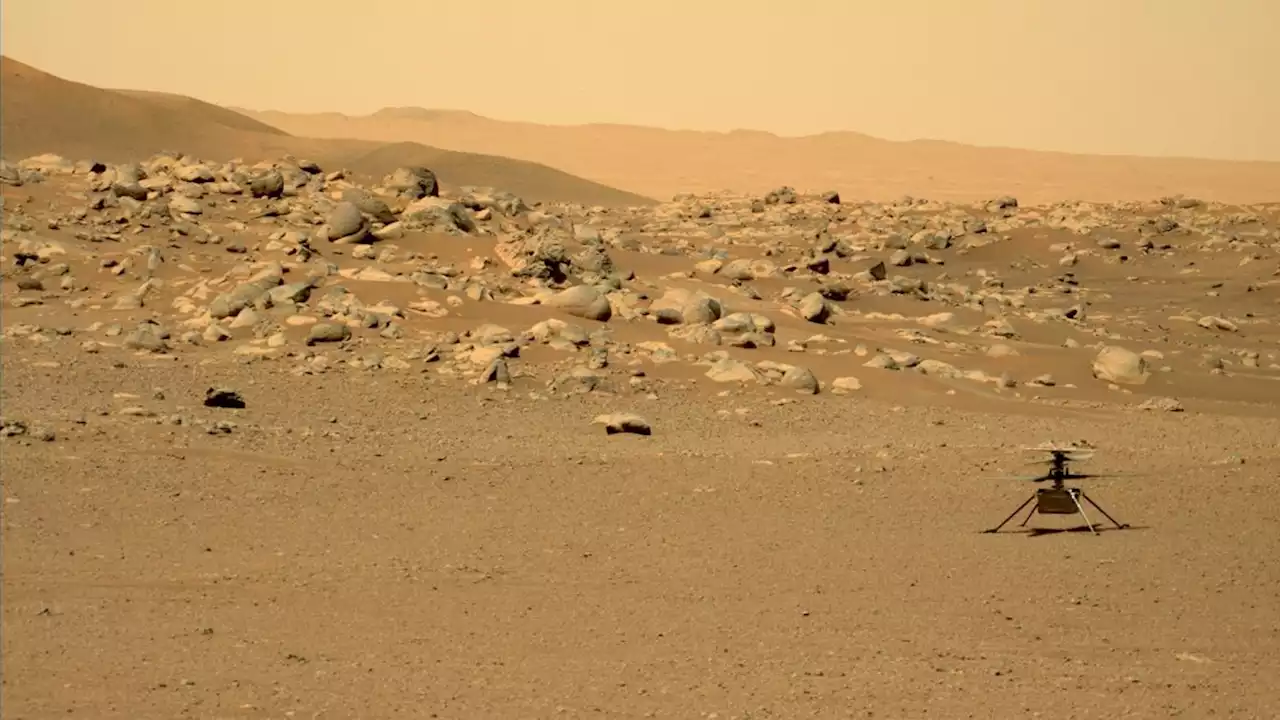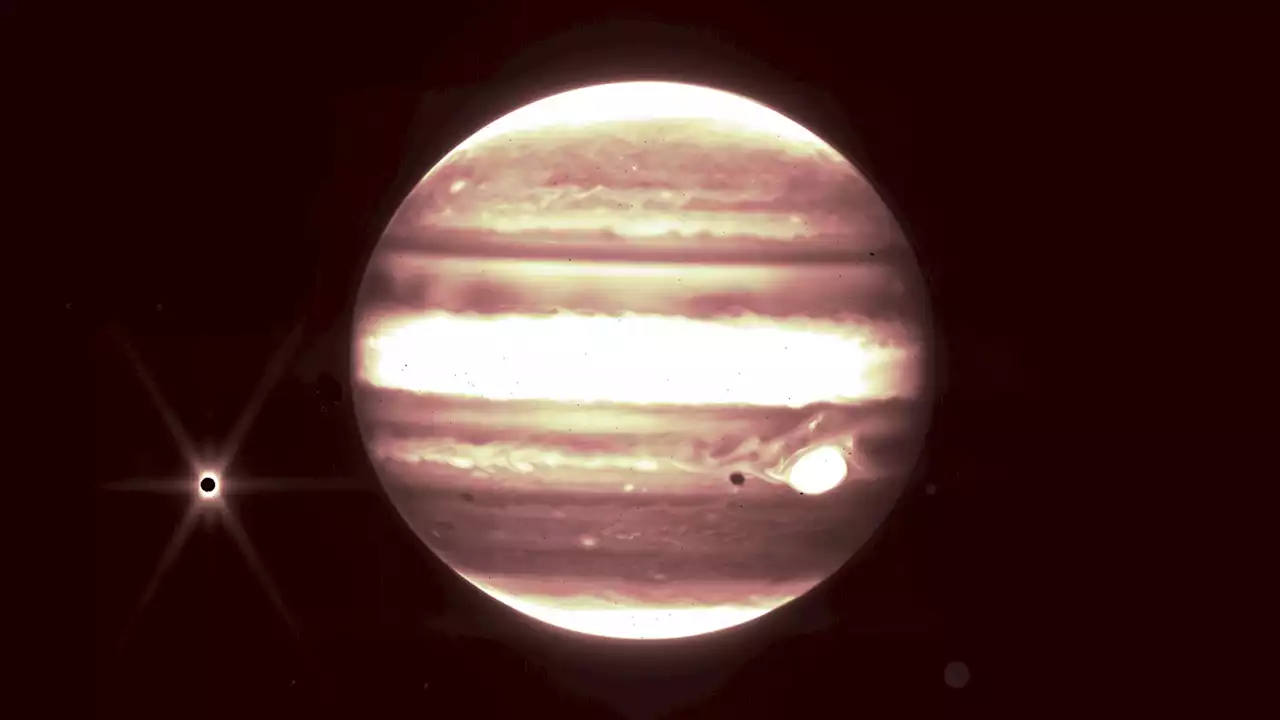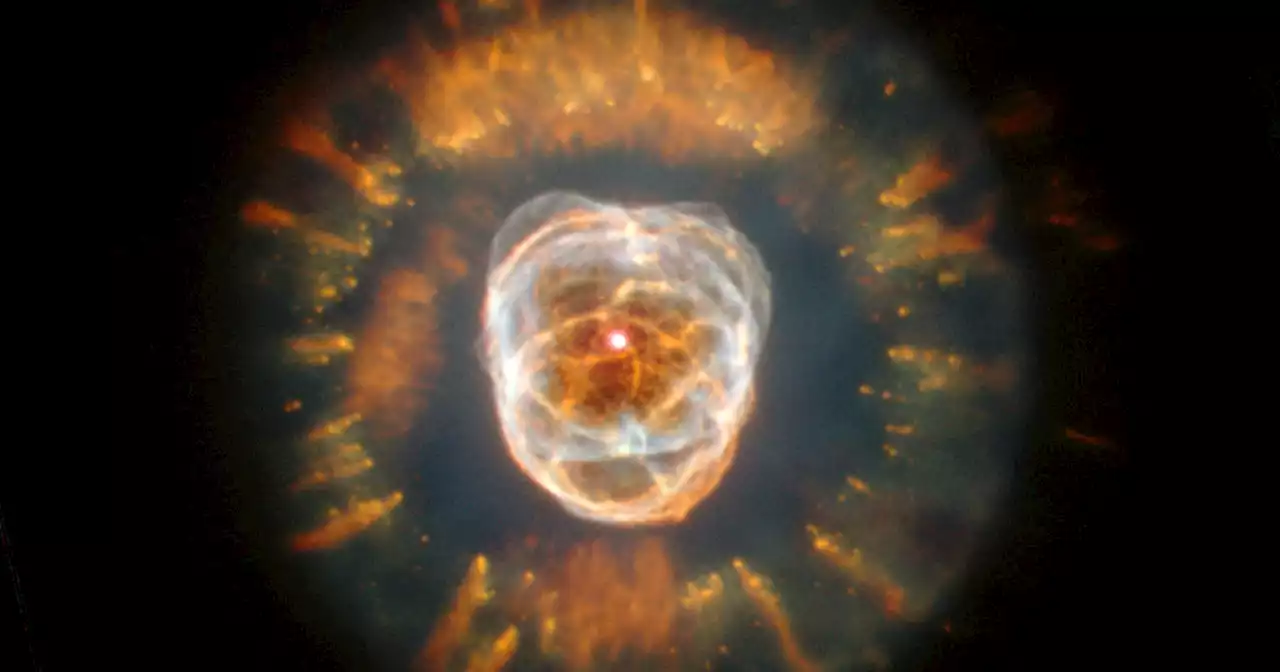'Science depends on diverse contributions, and benefits everyone, so this means we must make it inclusive.'
"Science depends on diverse contributions, and benefits everyone, so this means we must make it inclusive.""Science depends on diverse contributions, and benefits everyone, so this means we must make it inclusive."NASA has an unfortunate history of granting insensitive and bigoted nicknames to stars, galaxies, and other stuff in space.that it's taking stock of all the various nicknames it's assigned and eliminating any that don't pass muster.
"Our goal is that all names are aligned with our values of diversity and inclusion, and we'll proactively work with the scientific community to help ensure that," Thomas Zurbuchen, associate administrator of NASA’s Science Mission Directorate, said in the announcement. "Science is for everyone, and every facet of our work needs to reflect that value."This isn't the first time NASA had to reckon with its nomenclature.
"These nicknames and terms may have historical or culture connotations that are objectionable or unwelcoming, and NASA is strongly committed to addressing them," Stephen T. Shih, Associate Administrator for Diversity and Equal Opportunity at NASA Headquarters, said in the new announcement. "Science depends on diverse contributions, and benefits everyone, so this means we must make it inclusive.
Singapore Latest News, Singapore Headlines
Similar News:You can also read news stories similar to this one that we have collected from other news sources.
 Why NASA is sending a dust-scanning spectrometer to the ISSThe color of Earth's dust storms shape the climate, but we don’t know how.
Why NASA is sending a dust-scanning spectrometer to the ISSThe color of Earth's dust storms shape the climate, but we don’t know how.
Read more »
 NASA temporarily grounding Mars helicopter Ingenuity to wait for dust to clearThe groundbreaking helicopter is pausing while Martian dust makes it difficult to recharge its batteries.
NASA temporarily grounding Mars helicopter Ingenuity to wait for dust to clearThe groundbreaking helicopter is pausing while Martian dust makes it difficult to recharge its batteries.
Read more »
 Casio G-Shock wristwatch pays tribute to NASA astronaut launch and entry suitsThe orange hue should be familiar to space fans.
Casio G-Shock wristwatch pays tribute to NASA astronaut launch and entry suitsThe orange hue should be familiar to space fans.
Read more »
 NASA shares astonishing James Webb images of Jupiter and its ringsNASA has now revealed data from the James Webb Space Telescope's commissioning period. It includes some tantalizing images of Jupiter along with its moons.
NASA shares astonishing James Webb images of Jupiter and its ringsNASA has now revealed data from the James Webb Space Telescope's commissioning period. It includes some tantalizing images of Jupiter along with its moons.
Read more »
